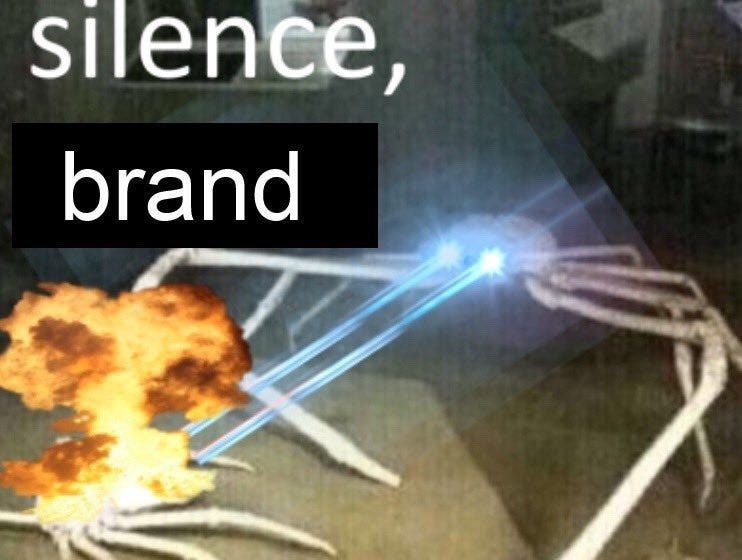Last week, I finished another journal. I’ve been journaling—or, for all my cuties out there, writing in my diary 🙂—since 2015. And before you stop reading, this is not a look-at-how-much-better-I-am-than-you-because-I-journal-regularly post. I do not journal regularly. The first entry in the journal I just finished is dated April 2021.
But when I find myself entering a thought-spiral, or wanting to make sure I remember an event from my life, I turn to journaling. And when I complete another journal, I re-read the ones I’ve completed from 2015 as a way to commemorate who I was and who I am.
I forgot, re-reading this time, how many of my old entries were about how afraid I used to be. Of life, of not being good enough. How I wished I was confident, brave, more willing to ignore the fear that gnawed at me.
Confidence, I told myself, was the key to solving my fear.
The conversation surrounding confidence—where to get it, how to be it—fascinates me. In a way, confidence is a market. It is a commodity that magazines like Cosmopolitan peddle to its consumers, convincing us we can make a career out of being confident, if only we knew how.
And how could we make that happen, you ask? Why, by buying Cosmopolitan and reading their article on the One Thing You Need to Do to Be Truly Self-Confident, of course.
Ohhh, I should stop being a perfectionist? That is so helpful! Thanks Cosmo! Here’s $20.
Brands like Dove and Aerie have created entire campaigns and brand strategies around body confidence. A quick TikTok search using the key word “confidence” generates thousands of videos—some racking up over 10 million views—in which objectively beautiful women provide helpful tips like “Be willing to be cringey” or “Don’t show that you’re offended if someone makes a joke at your expense.”
Are you taking notes? I’m taking notes.
While I don’t think these videos or brand campaigns are harmful, I do think that they cure a symptom and not the disease. The disease—at least in the case of brands and social media sites—is capitalism.
Capitalism is the hundred-headed hydra convincing us we’re ugly, unappealing and uninteresting so it can sell us self-help books, overpriced skin-care products and cults. Like, literal cults.
So what do we do when faced with the ethical and moral ambiguity of acquiring our confidence through capital? Where do we turn to instead?
We could take to Google, where a cursory search of “how to be confident” provides us with a helpful list with suggestions including:
Conquer your limiting beliefs, and change your perspective.
Awesome! Super good advice 🙂
It is a daunting task: to crave something without knowing how to acquire it. My 19-year old self, as evident by my past journal entries, feared confidence was out of her grasp.
What my 19-year old self didn’t understand was that confidence isn’t what I should be striving for, but compassion.
Confidence is fickle. People talk about how to “have” confidence or “be” confident, but confidence is not something tangible that you either have or you don’t—it’s a feeling, and a temporary one at that.
And confidence isn’t what that makes me feel less afraid. Compassion is.
Last April, I wrote about how I get anxious in grocery stores. As someone who has struggled with internal and external fatphobia for 20 years, grocery stores have never been a neutral location to me. They’ve been terrifying. The doors to each Trader Joe’s were the dripping maw of some rabid beast ready to swallow me whole. Walking down food aisles presented me with crippling dread.
Until a few months ago, I couldn’t understand why—after feeling more confident in other aspects of my life—grocery stores still bested me.
But recently I sat down in front of the mirror and had a talk with myself—does it count as a pep talk if I didn’t feel peppy?—that went something like:
“Grocery stores freak me out. That’s okay. I will figure out how to go into one without my brain melting into a huge pile of goo.”
And I did. I figured it out. Turns out listening to podcasts while shopping quells my years-long anxiety—who knew?
I wasn’t confident after that quasi-pep talk with myself. But I felt compassionate for myself—for my past trauma, for the attempts I’d made at healing that trauma, for understanding that healing is an imperfect process—and compassion is what allowed me to feel confident.
To me, compassion is a much richer feeling to rely on than confidence. It’s hearty.
Compassion is not judgmental. Compassion does not measure success or failures. Compassion is there when the love we have for ourselves fails us.
Compassion is a door for healing. And a door for confidence.
My confidence in myself changed once I started treating myself with more compassion, because while confidence has failed me, compassion rarely has.
My journal entries now talk about fear much less. Instead, many of them reflect on ways I feel good about myself, or ways I don’t feel good about myself yet, and how that’s okay.
Words like “gratitude” and “empathy” litter my most recent pages in place of where “scared” and “shame” used to be. And yes, I recognize that I’m veering sharply into sappy territory, but just stick with me for one more minute, okay? I’m almost finished.
Confidence—like happiness—is not something you have or you don’t. Confidence, rather, is a fringe benefit of self-acceptance. And that takes a lot of work, and a lot of healing, and a lot of compassion.
Talk soon,
Meg







